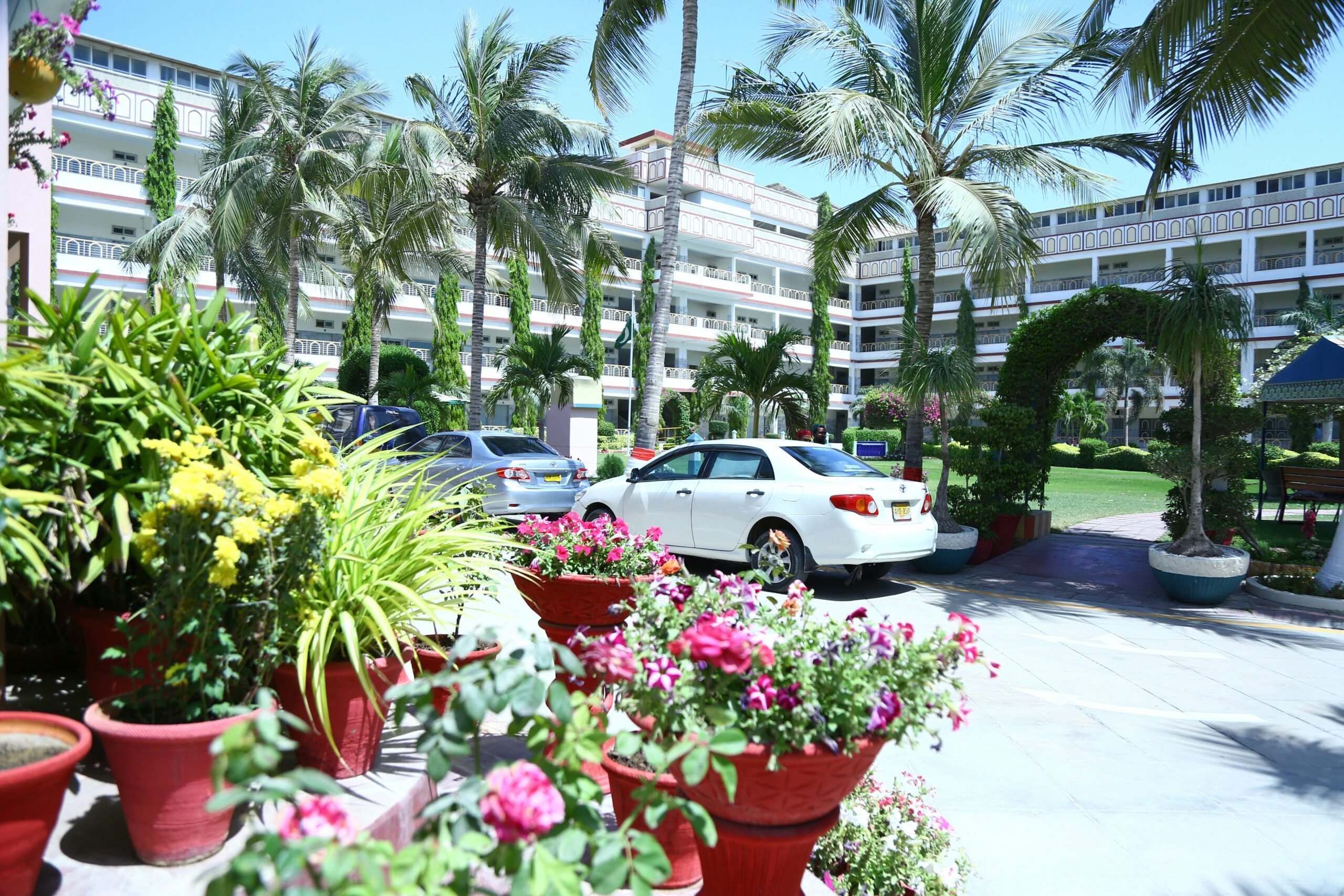
As travelers become increasingly eco-aware, the hospitality industry embraces sustainability as a cornerstone of its identity. One of the most impactful ways hotels achieve this transformation is through gardening. Once considered a decorative afterthought, gardens are central to hotel design, guest experience, and brand philosophy.
Green spaces within hotels—lush courtyards, vertical gardens, or rooftop retreats—symbolize a commitment to environmental balance and guest well-being. They transform properties into living ecosystems that reflect luxury and responsibility, allowing hotels to stand out in a competitive marketplace while doing good for the planet.
Creating Memorable Guest Experiences
A well-planned hotel garden offers more than aesthetic pleasure—it gives guests tranquility and connection. Nature has an inherent power to calm the mind and refresh the spirit, and hotels that integrate greenery into their design provide a refuge from the fast-paced modern world.
Walking paths shaded by native trees, quiet seating areas surrounded by flowers, and water features that invite reflection all contribute to an unforgettable stay. Guests increasingly choose hotels not just for comfort but for experiences that rejuvenate. A garden’s beauty and serenity help foster that emotional connection, turning casual visitors into loyal advocates.
Sustainable Practices for a Greener Future
Gardening in hotels is closely related to environmental stewardship. By incorporating sustainable landscaping techniques, properties reduce their ecological footprint while preserving natural beauty. These techniques include using native plants that require less water, organic fertilizers that enrich the soil, and irrigation systems that recycle rainwater.
In addition, these sustainable practices create habitats for local wildlife and pollinators, contributing to biodiversity. The hotel landscape becomes more than a leisure space—it becomes a functioning part of the ecosystem. Guests who see these initiatives feel proud to support a brand that values the planet, reinforcing their trust and admiration for the property.
Economic and Operational Benefits
While green initiatives often imply added expense, sustainable gardening actually delivers measurable financial advantages. Native plants and eco-friendly landscaping systems reduce water and maintenance costs over time. Natural pest control and composting further lower expenses while improving the garden’s overall health.
Beyond maintenance savings, gardens can generate direct economic value. Many hotels use on-site herb and vegetable gardens to supply their restaurants with fresh ingredients, cutting food costs while elevating the dining experience. This “garden-to-table” concept appeals to travelers who appreciate authenticity and freshness in every detail.
Enhancing Brand Image and Competitive Edge
In the age of conscious travel, brand perception is everything. Hotels that integrate gardening into their identity send a powerful message: they care about the planet, their guests, and their community. A thriving garden becomes a visual representation of that message—a living brand statement.
Sustainability-driven landscapes also enhance marketing opportunities. Pictures of serene gardens, eco-lodges nestled among greenery, or chefs harvesting herbs for the evening’s meal make compelling content for social media and promotional campaigns. These images attract guests and help position the brand as a leader in responsible luxury.
Connecting with Local Culture and Community
Sustainable hotel gardens often reflect the culture and ecology of their surroundings. Hotels celebrate local heritage and foster a sense of place by choosing indigenous plants and materials. This authenticity gives guests a deeper appreciation of the region they are visiting while supporting local horticulture and artisanship.
Some hotels extend community engagement by collaborating with local farmers, schools, or conservation groups. Workshops, guided garden tours, and educational programs transform these spaces into learning environments that benefit guests and residents. Through such initiatives, hotels cultivate goodwill that extends beyond their property lines.
Gardens as Wellness Sanctuaries
Modern travelers increasingly seek wellness-oriented experiences, and hotel gardens perfectly align with this trend. Nature promotes physical and mental rejuvenation, making it a natural extension of spas, fitness centers, and mindfulness programs. Outdoor yoga decks, walking trails, and herb-scented relaxation zones create immersive wellness experiences that appeal to health-conscious guests.
Even a brief encounter with nature—a sunrise stroll through dew-kissed grass or a quiet moment beneath a canopy of trees—can leave a lasting impression. By integrating natural spaces into the guest journey, hotels meet wellness expectations and exceed them, turning every visit into a restorative escape.
A Flourishing Future for Green Hospitality
The importance of gardening in the hotel industry extends beyond design—it represents a holistic approach to hospitality that balances profit, purpose, and the planet. As travelers increasingly seek eco-friendly and emotionally enriching experiences, green spaces will continue to define the future of luxury.
Gardens remind us that genuine hospitality involves nurturing guests, communities, and the environment. By cultivating nature, hotels cultivate conn, which sows salty and longevity. The essence of green hospitality continues to grow in every leaf, bloom, and breeze.